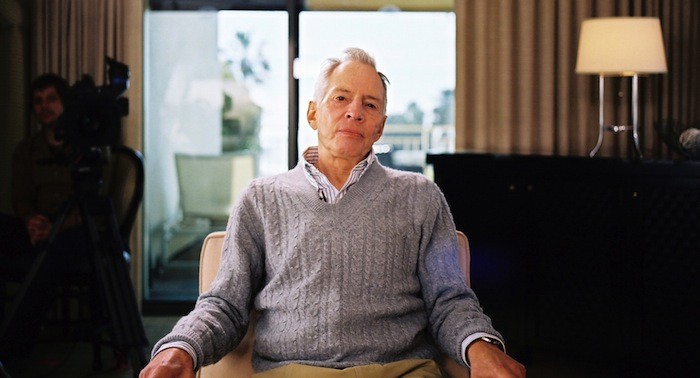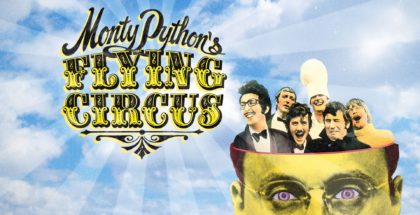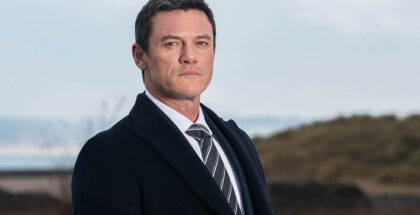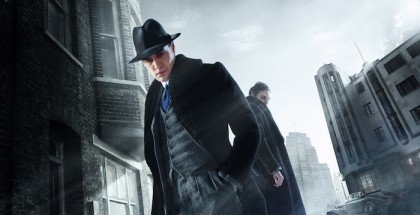Why you should catch up with The Jinx
Review Overview
Presentation
7Subject
9Ivan Radford | On 21, Apr 2024
This spoiler-free review was originally published on 15 April 2015 and is based on the first three episodes of Season 1.
In 2014, a podcast took the country by storm with one woman’s investigation of a true crime that might not be what it first appeared to be. What was the secret to Serial’s viral appeal? The fact that it was a real story? The step-by-step unearthing of facts and, with them, fresh contradictions? The ambiguous nature of its suspect?
HBO series The Jinx will be hoping to do the same. The six-part show tells the story of Robert Durst, a real estate tycoon who was suspected of murdering a man in 2001. We begin there, as the police drag the headless corpse out of Galveston Bay.
That gruesome introduction is enough to catch any true crime fan’s attention, but Durst, it turns out, was not linked to one crime, but three, including the disappearance of his wife, Kathleen McCormack, in 1982 and, in 2000, the shooting of Susan Berman, just as she was about give new details about McCormack to the police.
The story has attracted major column inches over in the US, with Jarecki even making a film in 2010 – All Good Things – based loosely on it. That drama prompted Durst to reach out to the film-maker, ultimately agreeing to record a string of conversations with him.
It’s something of a coup for the programme, which teases the revelation of previously unseen footage and all-new insight. Evidence and interviews with witnesses are intercut with recreations of events, old photographs and scandalous newspaper headlines. It’s all presented with the maximum amount of drama, with tense music and things fading to black following each tantalising new discovery.
It’s a double-edged sword. The sequences combine with the archive footage to form a thrilling drip-feed of bizarre truths, from the accusations that so shocked his acquaintances at the time to the way he was later taken into custody after trying to shop-lift a chicken sandwich. But at times, you can’t shake the feeling that it comes with a vaguely dark sense of humour and presumption that, deep down, the audience will suspect that Durst did it.
Robert says early on that one of the reasons he agreed to the TV series was to get his side of events across. The fact that Durst has consistently maintained his innocence and, more to the point, has been acquitted by a jury, though, can sometimes seem easy to forget while watching the show. For all the series’ occasional steps towards sensationalisation, though, it works exceptionally well as a piece of entertainment.
The reason why comes to down to Durst himself: despite the flourishes elsewhere, the most fascinating thing is his own take on events, which ranges from sad to perhaps suspicious. The programme is at its sharpest when it stops with the contextual dramatisation and simply lets him talk to the camera. We hear him speak about being “forced to spend time with the average American family” of his wife – and his own, tragic backstory – before coming up with explanations for his whereabouts during her disappearance. From his eyes to his mouth, he’s always hard to read, even when it comes to the crime we definitely know he did commit: the sandwich. Why did he steal it? He doesn’t know, he admits.
It’s that central enigma that gets under your skin while watching The Jinx. What drives a man like that? Why is he saying these things? And is he telling the truth? A separate series solely about his relationship with Jarecki would be hugely interesting to watch – a sign of just how intriguing the director’s interviewee is. Durst is one subject who is undoubtedly gripping.




















